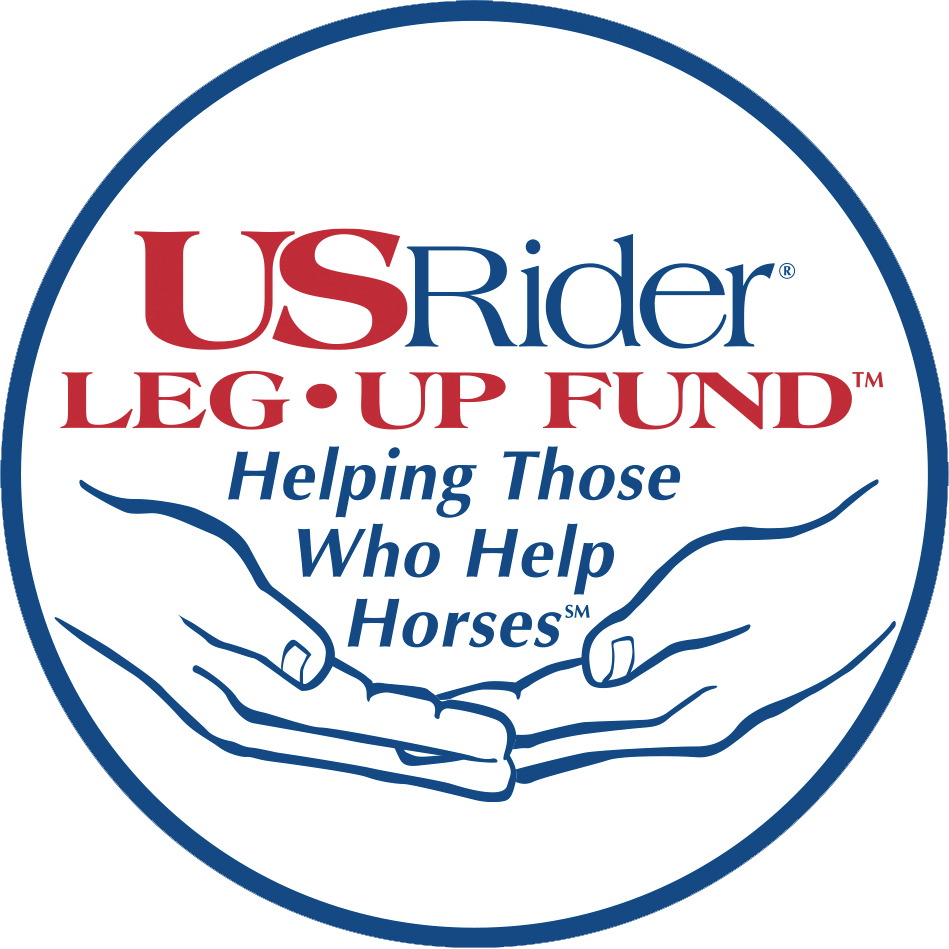Summer is super for riding, but it also brings potential health challenges. Here’s what you need to know and do to protect your horse.


• Heat. Avoid riding in extreme heat, especially combined with high humidity to avoid the risk of heat stroke. If you do ride when is hot, supply frequent rest/water breaks, and consider splashing water over your horse’s chest and flanks.
• Sun, shade. Make sure your horse’s living area has shelter from the sun. Provide as much ventilation in your barn as possible (fans help). Apply sun block to your horse’s pink-skin areas, especially around the face. Consider UV-blocking fly masks and sheets for extra protection.
• Hydration. Your average 1,000-pound horse may drink as much as 10 gallons of water a day. Exercise can increase consumption to 20 or more gallons. A sweating horse loses both water and electrolytes; these must be replaced to avoid dehydration and other maladies. Keep water containers clean and water as fresh as possible. Provide free-choice plain white salt in a block or granules (also give replacement electrolytes if your vet recommends them). To check for hydration, pinch the skin on your horse’s neck or shoulder between your thumb and index finger, then let go; the skin should snap back immediately. (The longer it remains “tented,” the more indication of dehydration.)
• Condition. A well-conditioned horse can cool himself easier than an out-of-shape or obese one can. (Layers of fat trap heat inside the body.) Heavily muscled horses also have a greater challenge dissipating internal heat. Keep your horse fit and avoid overfeeding him, especially on rich concentrates and alfalfa hay that can produce extra heat (check with an equine nutritionist). If your horse is at pasture, make sure he doesn’t get too much high-sugar grass, a laminitis risk (learn more at safergrass.org).
• Hoof care. Especially if you live in a dry climate, summertime can zap moisture from your horse’s hooves. This leaves them brittle and more vulnerable to concussion, plus more liable to crack, break, or contract. Ask your hoof-care professional about the relative merits of applying moisturizers, ointments, and sealants, and/or providing moist ground near watering areas. Avoid hard-ground concussion by keeping the footing in your riding arena properly maintained and watered.
• Bugs. Practice diligent fly control to minimize the risk of disease and the foot-stomping, tail-rubbing misery insects can inflict. Keep manure and garbage picked up, and sweet feeds covered (but not airtight, which can lead to spoilage). Use topical sprays, roll-ons, wipe-ons, and/or spot-ons to repel flying pests. Also consider masks, sheets, and leg coverings for additional protection. Take extra care if your horse is sensitive to the bite of the Culicoides midge to minimize the risk of the nasty skin condition sweet itch. (Ask your vet about possible progress on the development of a sweet itch vaccine.)


"*" indicates required fields